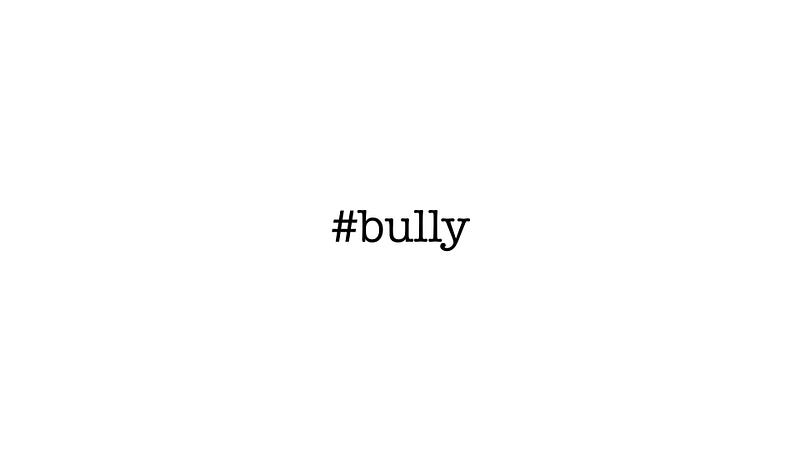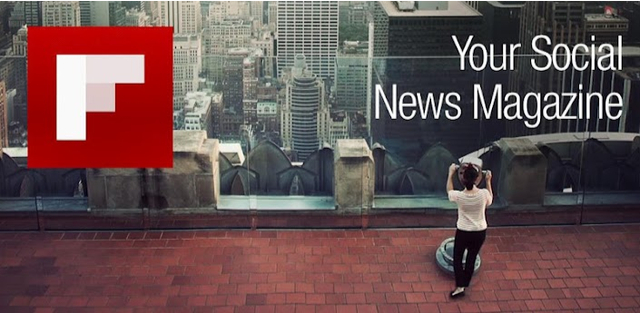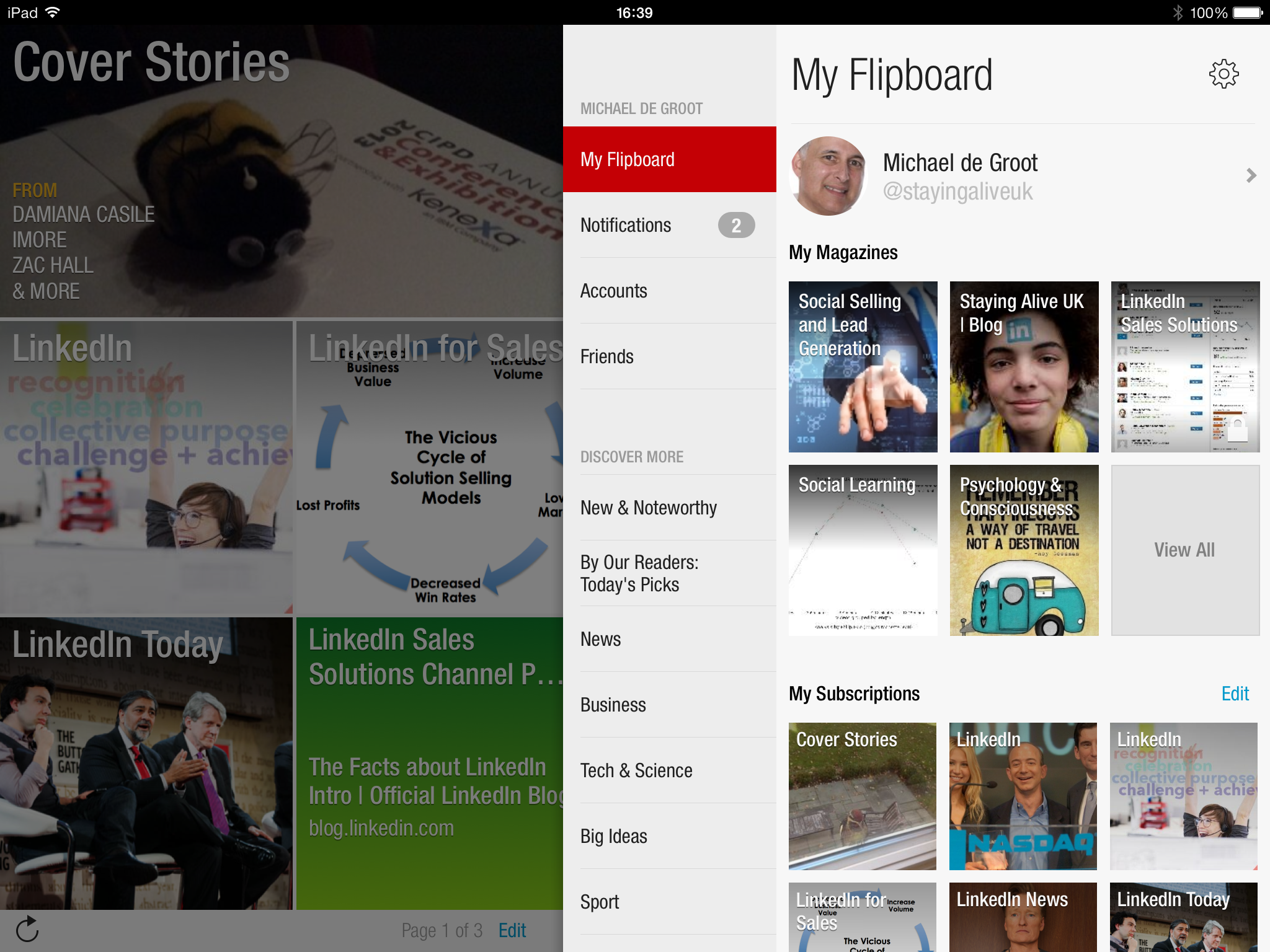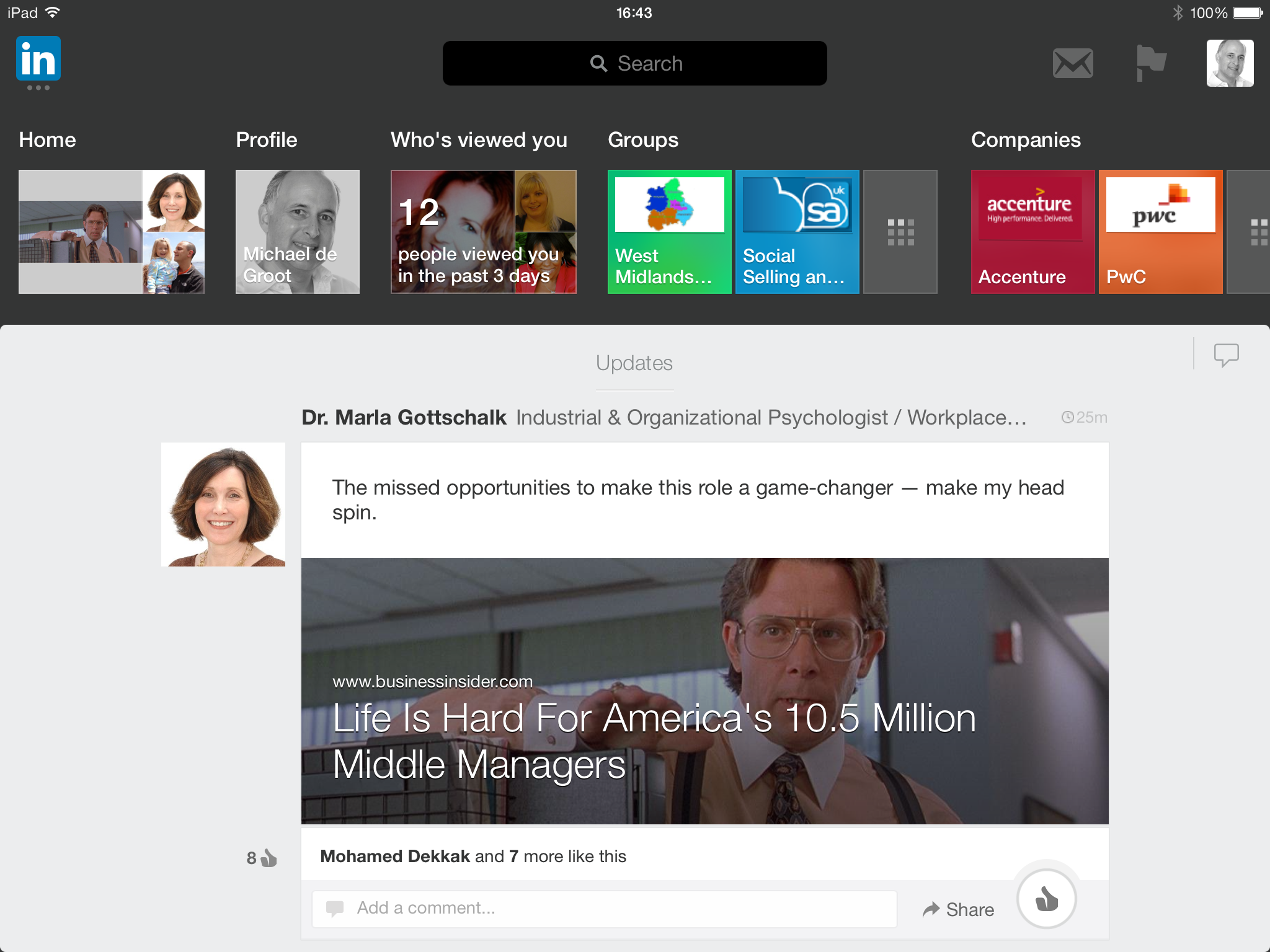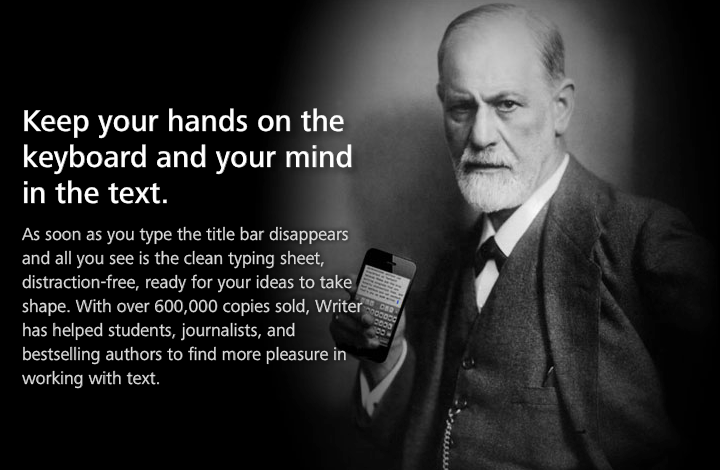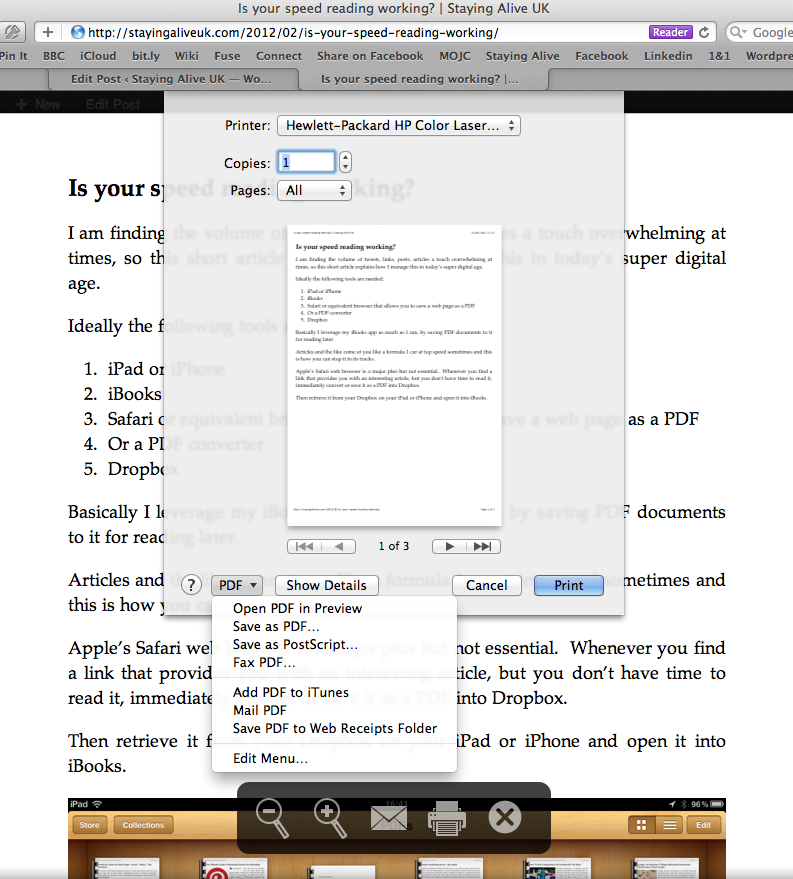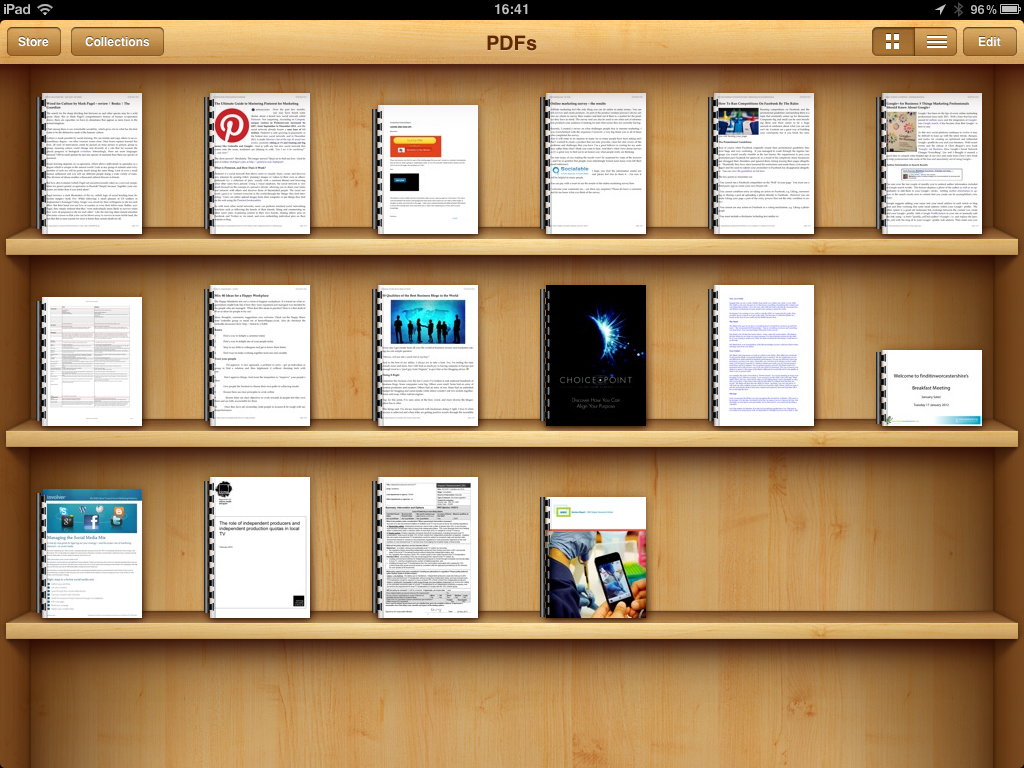 I have been having a great time uncovering, albeit by accident, some interesting practices by Broadband Providers. The companies in question are Plusnet and Sky.
I have been having a great time uncovering, albeit by accident, some interesting practices by Broadband Providers. The companies in question are Plusnet and Sky.
You will all know Sky, because they are very famous and owned by the Murdoch Empire, but Plusnet only emerged a few years ago and not many people know that they are owned by BT! Yep BT broadband trading under a different name, just to fool us all.
Anyway it all started when I wanted to challenge Plusnet, why they haven't been able to give me lower prices as per their advertised rates on their website and also in their advertising on bill boards and TV. It's something I have challenged them on, from time to time, and the last time actually was over a year ago. But more about that in a bit.
Firstly I needed to do my research and as I detest Talk Talk the other leading broadband provider, (just had enough of their door to door cold calling techniques) and we are Sky TV customers (and I don't really want to be), they are showing some great offers on their website (Sky).
So I did my research and to my absolute amazement they are offering existing Sky customers £7.50 for Unlimited Broadband and 3 months free! But you have to purchase Sky Talk line rental as well, which includes free evening and weekend calls, so that's ok and they are showing that at £4.75 per month.
And here is the picture of my basket to prove to you that it's very very clear. A total of £12.25 per month and on top of that 3 months free!!

Are you still following me?
Basically by moving to Sky, we could save ourselves over £200 per year, OMG that's an amazing deal, or so I thought!
I nearly hit the purchase button, I was very close, but I decided to get one stage further in the checkout process and saw this...

As you can see it's still showing me the same figures £7.50 and £4.75, but can you see that other statement at the end 'when your offer finishes', suggesting that the price increases to £49.50? (It does include our Sky TV, don't worry about that it's the increase of £7.50 that is important to focus on.
So how was this calculated then? Cut a long story short, I decided to call them and check it out and after 20 minutes getting nowhere in India, they transferred me to the UK and the agent confirmed to me, after speaking to 2 other colleagues as she had a tough time figuring it out as well, that they had discounted the Sky Talk by £7.50 per month to allow for the free broadband for 3 months. So they had hidden the discount inside the Sky Talk rate for 3 months.
Why the ... did they do it in this way? This is surely completely misleading the customer! Making me think they I am going to get a really low rate but really after 3 months the Sky Talk rate goes up, which means the original £12.25 per month become £19.75. Not such a great deal after all!
'Honesty is the best policy', so why did they not show honestly how the calculations work?
http://www.youtube.com/watch?v=45Q13-poFBg
OK, on to Plusnet. Back in August 2010, I asked them why I was not able to get their cheap rates as advertised everywhere. They told me (a bit technical now), that my exchange was in what's called a market 1 and it needed to be market 3. Basically it means that it needed more suppliers at the exchange and at least 3 of them need to have their equipment installed. All of this info I learned is available on www.samknows.com. A great site with loads of detail about your exchange, and well worth reviewing in order to challenge your provider. See the video a little bit further below.
Ok so then I asked them, when were they planning to put their equipment in the exchange and of course they were not, as they use the core BT network, after all they are owned by them!
So probably no chance of getting a cheaper rate then, so I left it.
Until now that is. See I decided to share with them the fact that Sky are able to give me unlimited Broadband for £7.50 per month and Sky and Talk Talk do actually have their equipment installed at the exchange.
Now instead of me writing what was said, I thought it would be interesting for you to read the full text of correspondence that went on between us.
22.11.11 2.48pm
I have noticed that you are offering some amazing deals at the moment. And although I have been in touch with you previously, we continue not to be eligible for these prices! We are paying £17.99 for 60GB Broadband, plus £11.99 line rental. You are offering the Broadband now for £11.49, that's a saving of £6.50 per month and over the year of £78. I really believe that we are at a significant disadvantage staying with you. As I am a Sky TV customer, I can get unlimited monthly broadband for £7.50 per month and line rental for £4.75 per month. That is just £12.25 per month compared to your £29.98 per month. That is a massive saving of £212.76 per year! £17.73 per month! Can you think of one reason why I shouldn't switch away from you? I am really looking forward to hearing your recommendation on how I should proceed.
22.11.11 3.04pm!
Thank you for getting in touch. I can confirm you are now eligible for Plusnet Extra at £11.49 per month due to market area change. You were previously in a market 1 area meaning your price was higher, you are now in a market 2 area reducing costs. To find out how this affects you please visit - http://www.plus.net/support/broadband/products/low_cost_areas.shtml
If you choose to take up this new lower price service your monthly costs will be:
Line rental - £11.99 (£12.99 as of 06/12/11)
Plusnet Extra - £11.49
Total cost - £23.48 (£24.48 as of 06/12/11)
22.11.11 7.03pm
Thank you Kelly for coming back so quickly. That's really interesting. In the past I was advised that I was not able to get cheaper prices. Here is one of the responses I received from Nick Godbehere, back in August 2010, when I tried previously to get cheaper prices from you. "Thank you for your query. An exchange has to have at least 5 suppliers to be in a market 3 area. The rule is set in place by ofcom that lines with less than 5 available broadband service providers". So it's now interesting to learn that a market 2 area now can give me cheaper prices! Would you please be so kind as to confirm, when the exchange when to market 2? If not I can find out from Samknows if need be. Obviously you will be so kind as to give me a refund for the length of time that I could have had cheaper prices. And you will obviously change the account on the cheaper prices immediately. Looking forward to your response.
A short video explaining how to make use of Samknows and to learn about the differences between market areas and the resulting prices that you will pay for your Broadband.
http://www.youtube.com/watch?v=5k-5K9Ycxco
23.11.11 9.35am
Hello, I just received confirmation from Samknows that my exchange went to market 2 in December 2010. According to my calculations, that will be a refund of: 10 months @ £6.50 = £65.00 providing that today's bill will be at the cheaper price. Looking forward to your confirmation.
23.11.11 11.21am
Thank you for getting back to us. The most we can refund regarding market changes is 3 moths. We can either provide you either a 3 month discount of £6.50 or a refund of £19.50. Please advise how you wish to proceed. Please do not hesitate to get back in touch online at http://contactus.plus.net or by phone on 0800 432 0200 if we can be of further assistance.
23.11.11 11.33am
Please advise why you are only able to provide 3 months refund? I have been asking about a discounted price since August 2010, without success. Surely it is down to you to advise your customers that there was a market change and change their prices, as otherwise you are effectively stealing from your customers. I wonder what Ofcom will have to say about this? I look forward to a more positive response please advise who else does this need to be escalated to?
23.11.11 2.49pm
Up until July this year the only areas we had the lower prices in were those designated as Market 3 exchanges. From July 2011 we allowed new customers signing up in Market 2 areas to obtain the lower price too. Your exchange is currently set as Market 2. As we've only been offering the lower prices on Market 2 exchanges since July, this is the maximum period we can backdate any discounts to you for. The changes took effect in the August bills so that's 4 months discounts we can give you at £6.50 per month. I've applied these to your account for the next 4 months on top of ongoing reduction you're now entitled to following the Market classification change in July.
23.11.11 4.16pm
Thank you and of course I am grateful for the 4 months instead of 3. It does beg the question though why I was not offered 4 months by Phil and zero by Kelly? My I remind you that the only reason you are now offering me cheaper rates is because I advised Plusnet yesterday that I was looking to move to Sky. Now I am no expert, however I am being advised by Samknowsbroadband that the change to Market 2 took effect in December 2010. And they sent me this link as reference: http://stakeholders.ofcom.org.uk/consultations/wba/wba-statement/. I have today spoken with Ofcom and lodged a complaint about this and have written to your Customer Services Director, of which letter is attached. You can look through tickets that I have raised back in August 2010, where I have been asking about why I was not able to receive cheaper rates, so you can look in the archives to read all those. As a company you are really not portraying a good image for the Broadband supplier market and I thought Plusnet were different to all the others and clearly you are not. I am not satisfied with the 4 months refund and if indeed the market 2 rules changed in December 2010, I expect a full 10 month refund accordingly.
23.11.11 5.24pm
Your exchange did indeed change to Market 2 back in December 2010, however at that time our prices for Market 2 customers were the same as for Market 1 (the higher value). It was only in July this year that we made the decision to move Market 2 prices to match those of Market 3 (the lower value). This is the reason that I've only offered 4 months as this is the timescale that Market 2 customers have had the cheaper price. With regards to rules for the pricing in each Market area, that's up to us (Plusnet) to set what we sell these at to our customers and as I've said in my previous reply and this reply we didn't lower the price for Market 2 until July this year.
And it continued on Twitter too...

Plusnet's slogan 'Good Honest Broadband from Yorkshire' is very far fetched indeed, don't you think?
Sky's slogan 'Happily ever After', yes indeed after we have misled you and increase your rates 'after'!
Please share this article with all and every broadband user, so that they too can challenge their supplier for the best possible rates!
Good luck...


